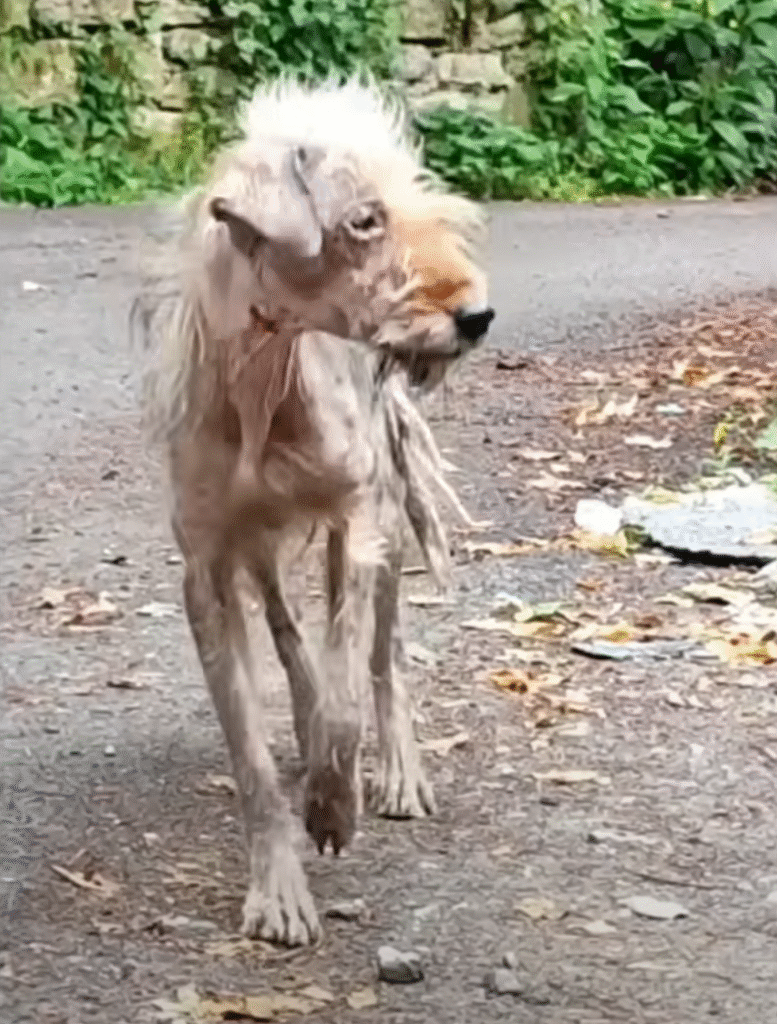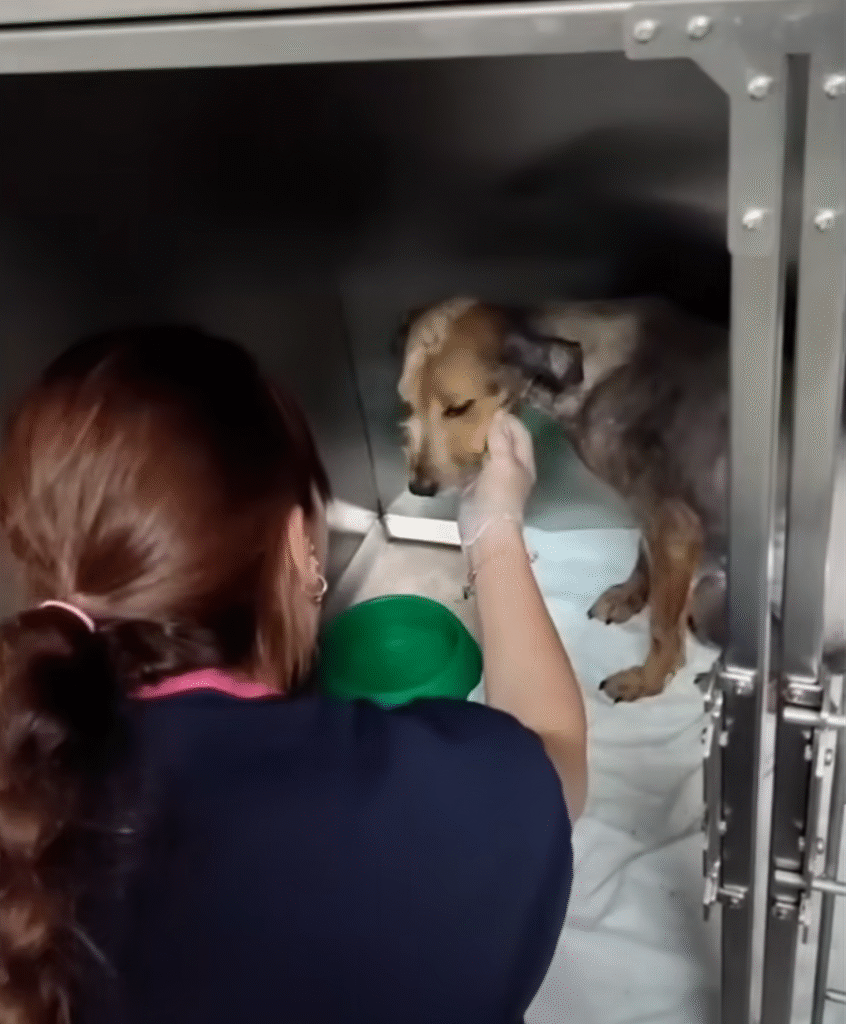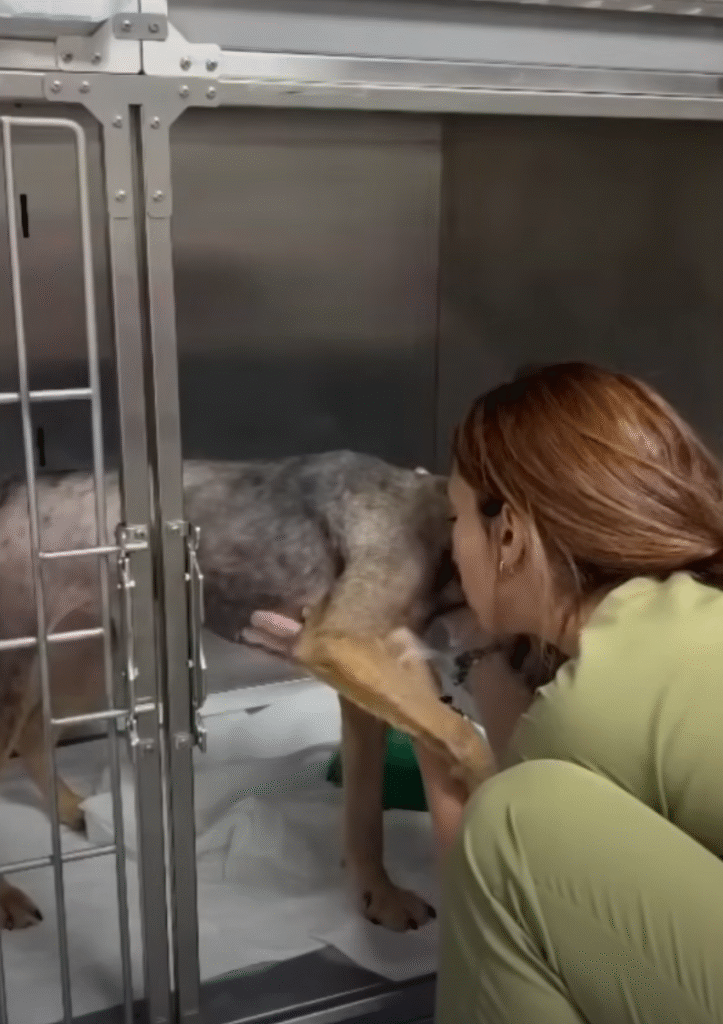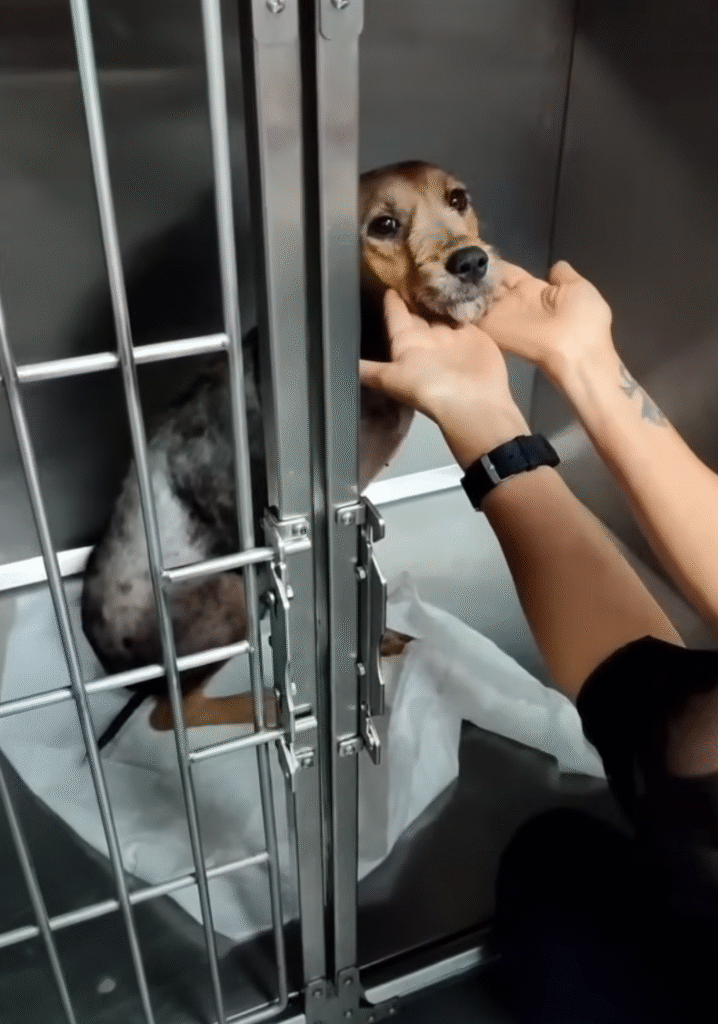
From the moment she could remember, life had been a blur of motion, always moving, always running. There were no soft blankets, no warm embraces, no gentle words to soothe the soul. Love had been an abstract concept, a story in a book she once skimmed in a forgotten classroom, a word she heard whispered on the streets, and a promise that had never touched her. Instead, fear had been her constant companion — quiet, insistent, and relentless.
Her childhood was a patchwork of shadows. Homes blurred into one another, faces passed like specters in a parade of indifference. There was no laughter echoing in hallways, no bedtime stories that cradled her imagination. Instead, there was the hum of worry, the tension in voices raised in anger or despair, the sharp, sudden silences that spoke louder than words. She learned early that love was conditional, fleeting, often withheld, and sometimes cruel.


By the time she could walk confidently on her own, she was already running — through empty streets, across crowded markets, and into the wild spaces where no one could find her. Running became instinct, a way of survival, a method to keep herself just beyond the reach of disappointment, rejection, and harm. Her legs carried her farther than most, her feet pounding against concrete and dirt, leaving the past behind with each step, though the shadows of fear trailed relentlessly.
In her adolescence, the running never ceased. School corridors felt like minefields, every glance a potential threat, every whispered conversation a trap. Friendships were tentative, brief, and often ended in betrayal or misunderstanding. She wanted to trust, wanted the warmth of a hand held in solidarity, the reassurance of shared laughter. But fear would not allow it. It whispered constantly in her ear, a shadowed voice warning of disappointment, pain, and loss. And so, she ran again — from classrooms, from peers, from the very possibility of connection.
The city around her seemed alive and indifferent at the same time. People embraced, argued, loved, and lost, all while she remained at the periphery, observing with a careful distance. She studied gestures, mimicked emotions, yet could never truly feel them for herself. The embrace of love, both familial and romantic, was a foreign language she could not decipher. It was not that she lacked empathy or the desire to care; it was that fear had erected walls around her heart, invisible but impenetrable.


By the time she reached adulthood, the running had evolved. It was no longer just physical — though she still ran, often at dawn, the city waking slowly as her feet struck the pavement rhythmically. It became emotional, psychological, a constant avoidance of vulnerability. She built walls in workplaces, avoided deep friendships, and kept lovers at a safe distance. Relationships began and ended with a careful detachment, always leaving her safe from disappointment but also empty of connection. Love had become something to study from afar, to analyze and critique, but never to participate in fully. Fear had become a companion, yes, but also a guardian, and she clung to it fiercely, believing it kept her safe from pain.
Yet beneath the fear, beneath the walls and the running, there was a quiet ache. It whispered in moments of silence, in fleeting glimpses of intimacy she could not reach. She saw it in the laughter of strangers, in the gentle touches of parents with their children, in lovers who shared unguarded moments of tenderness. Something in her stirred, a faint ember of desire, a curiosity about what it might feel like to be held, to be seen, to be loved unconditionally. But as quickly as it surfaced, fear would tighten its grip, reminding her that the world was not safe, that the heart was a fragile organ to be protected.


Years passed, and she carried her solitude like a badge of honor. Others saw strength, independence, resilience — and indeed, she was strong. Her achievements, her capacity to endure, to keep moving even when life seemed determined to crush her spirit, were remarkable. But strength had its cost. Each victory, each mile run, each day survived alone, left her further from the very thing she craved without realizing it — the embrace of love.
She tried at times to open herself, to test the waters of trust, to let someone see beneath the armor of fear. But even then, the shadows of the past loomed. Every compliment, every gesture of affection, was filtered through suspicion, doubt, and anxiety. Love, when it appeared, seemed fragile, threatening, and unreal. She wanted it desperately, yet the very act of wanting it exposed her to the possibility of loss, and fear would not allow that vulnerability. And so, she ran again, sometimes not physically, but emotionally, retreating into routines, work, solitude, and silent reflection.
It was not that she hated love, nor that she lacked the capacity to give it. She had an immense capacity for empathy, a keen perception of others’ emotions, and a heart that longed deeply. But the fear, cultivated over a lifetime of uncertainty, rejection, and fleeting connection, was too strong. It whispered that love was dangerous, unpredictable, and potentially devastating. And so, she lived in a paradox — yearning for intimacy, yet fleeing from it, craving warmth, yet afraid of being burned.



On quiet nights, when the city was still and the air carried only the distant hum of life, she would sometimes pause in her endless running. She would feel the ache in her chest, the hollow where love should have been. In those moments, the fear softened, just enough for the human longing within her to surface. She would imagine a hand reaching for hers, a voice whispering comfort, an embrace that did not judge, demand, or abandon. But when dawn approached, the ember of hope would dim, fear would rise again, and she would run — as always.
And yet, there was something profoundly human in her story. For all her fear, for all her running, she was alive, observing, feeling — even if only at the edges. Her life, though devoid of love’s full embrace, was rich with resilience, endurance, and the quiet strength of one who has survived against odds invisible to the world. She had faced the void of emotional isolation and carried on, a feat few could claim.
Perhaps one day, she thought, if she could let down the walls, slow her pace, and trust the unseen, she might feel it. The embrace of love, once foreign and frightening, could finally find her. Until then, she ran — a lifetime of movement, of caution, of survival — with fear as her companion and the faint, unspoken hope of love waiting somewhere ahead.
In that running, in that fear, in that solitary journey, there was still life, and with life came possibility. Even a heart long unacquainted with love could, if only for a fleeting moment, imagine warmth, connection, and the courage to step off the treadmill of endless running. And in imagining, there is already a beginning.



